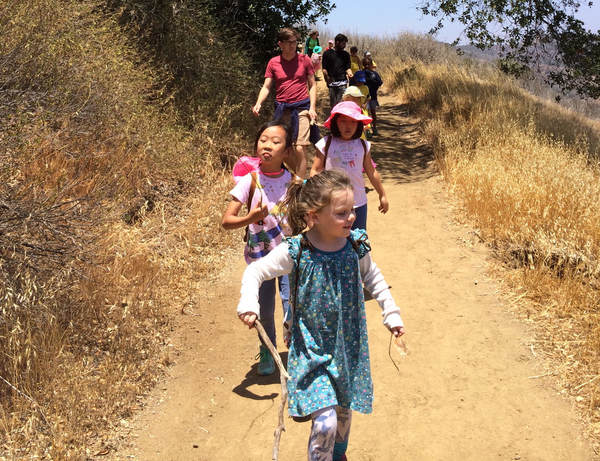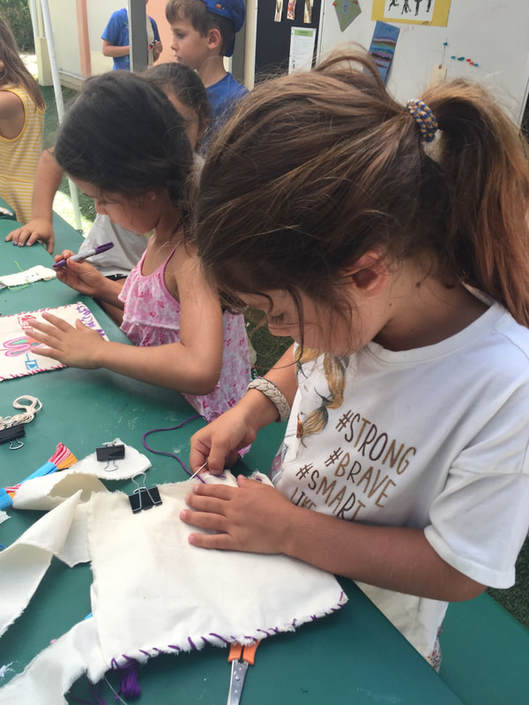|
Welcome to the second edition of our Camp Wildcraft blog, "The Wildcraft Wonder Cabinet." Periodically, we'll be sharing what we're learning about art and creativity, how nature helps us thrive, and growing compassionate and resilient kids. Our second edition explores RESILIENCE-- a quality we actively nurture as part of the Wildcraft experience. GROWING RESILIENT KIDS |
AuthorsShari Davis and Benny Ferdman are artists, educators, co-founders of Camp Wildcraft--and passionate collectors of wondrous and surprising objects and stories found along the trail. Archives
May 2023
Categories |



 RSS Feed
RSS Feed